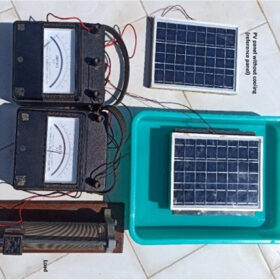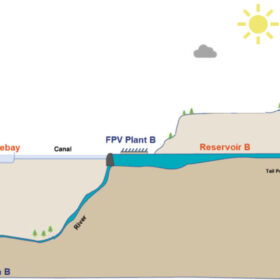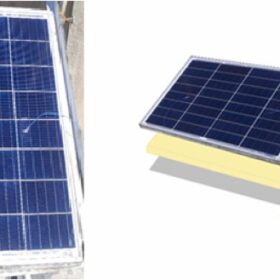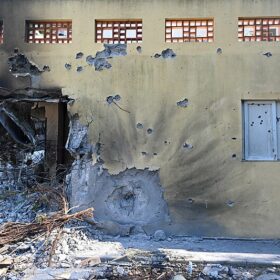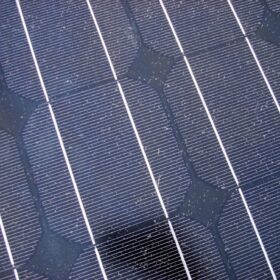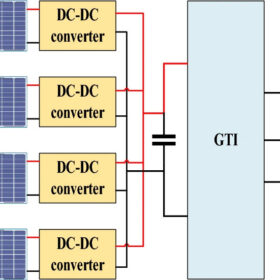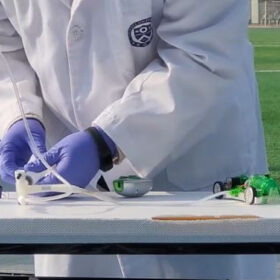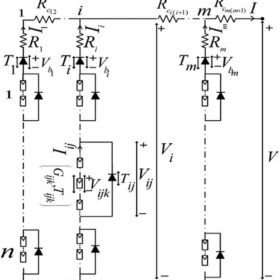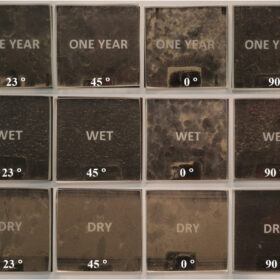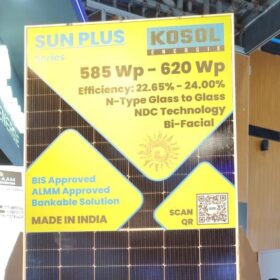Passive solar module cooling tech based on PCM, heat sink fins, water
A global research group has designed a novel PV module cooling system based on multiple cooling sources. The proposed system was able to reduce a PV system temperature by up to 16.7 C and increase power output by over 9%.
Batteries in hybrid hydro-PV systems could increase profitability by 2%
Researchers from Norway have discovered that adding batteries to projects that combine hydropower and floating PV could increase annual profits by as much as 2%, due to revenues from ancillary services and capacity markets.
Reducing PV module temperature with beeswax, paraffin wax
Scientists in Iraq have applied two different kinds of phase-change materials to lower the operating temperatures of PV panels. Their experiment showed that beeswax and paraffin wax are particularly effective in achieving this goal, even when they are combined together.
Israel to build energy communities in villages destroyed by Hamas
Israel’s Ministry of Energy and Infrastructure says it is currently developing a multi-year program for communities attacked by Hamas on Oct. 7. It aims to deploy 5 GW of energy in the destroyed areas, once residents return.
Physics-based model to predict soiling losses in bifacial solar modules
Scientists in India have developed a novel way to predict soiling accumulation on bifacial modules. Their approach considers dust deposition, rebound, and resuspension phenomena.
New MPPT approach for multi-string PV systems under partial shading
Egyptian researchers have developed a multi-string PV system with a converter control strategy, achieving 99.81% efficiency with a direct duty cycle for maximum power point tracking (MPPT).
Algae photovoltaics for hydrogen production
South Korea researchers have developed a cell by merging green algae with carbon nanofibers, in order to generate 9.5 W per cell and achieve a peak efficiency of 0.9%. They claim this is enough to power a micro-generation system for hydrogen production.
Novel algorithm estimates global maximum power point in partially shaded PV systems
Developed by scientists in India, the global maximum power point (GMPP) technique is based on the voltage and current of strings in a PV array. The research group tested it in computer simulation, as well as through an experimental setup.
The impact of soiling on PV module transmittance
A European group has looked into the soiling impact on PV modules in Oman. They have collected 60 samples, based on season, month and tilt angles.
Israel temporarily waives 600 KWh energy storage permits due to war
The Israeli planning regulator says that some storage facilities will not need permit approvals over the next 18 months.
